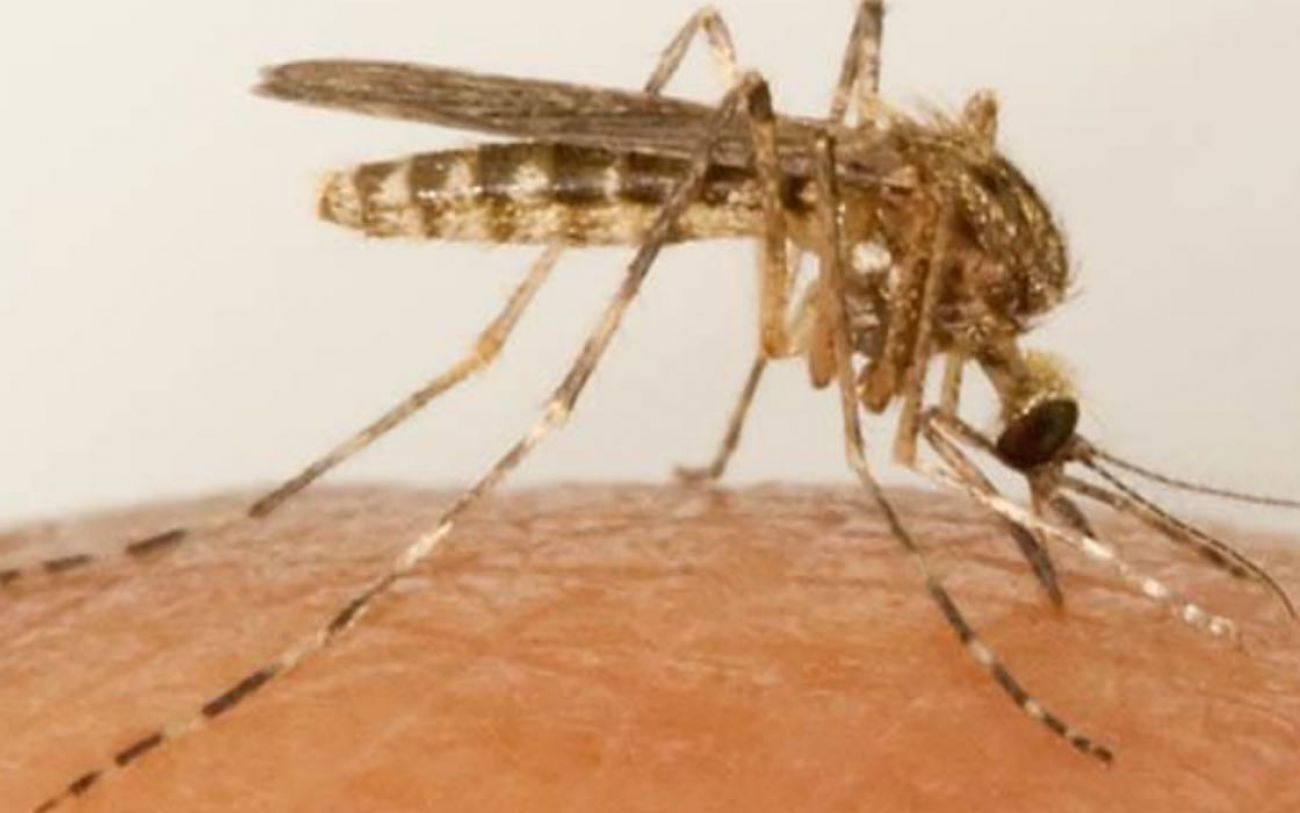Bad weather, resident concerns hamper Michigan’s efforts to spray for EEE virus


A seemingly simple move against the deadly Eastern equine encephalitis virus — a statewide, airborne spraying campaign to kill mosquitoes that can the disease — is off to a slow start.
Weather has grounded the planes from the Illinois-based mosquito control company, Clarke, that were to carry pesticides. Rain renders the spraying less effective, and low cloud cover makes it difficult for pilots wearing military-grade night vision goggles to see, said Laura McGowan, Clarke spokeswoman.
Through Thursday afternoon, the state had sprayed 186,146 acres.
Meanwhile, resident concerns about chemicals sprayed overnight from low-flying aircraft has shrunk the target area from about 720,000 acres to 500,000 acres, said Lynn Sutfin, spokeswoman for the Michigan Department of Health and Human Services.
Residents are “concerned about their health,” said Leslie Kinnee, spokeswoman for the Mid-Michigan District Health Department.
“They’re concerned about their livestock. They’re concerned about their pets. They’re concerned ‘I still have vegetables in the garden. Will this pesticide be harmful to me?’” she said.
The health department, which covers Clinton, Gratiot and Montcalm counties, issued a notice to residents that were in areas to be sprayed after staff began fielding concerns. The notice instructed residents how to opt out of the program, but it also stressed the deadly nature of the EEE virus that this week killed a fourth Michigander. The victim lived in Calhoun County, according to the Michigan Department of Health and Human Services.
“I know people are concerned, we understand that,” Kinnee said. “But when you look at the facts, it’s a pretty nasty disease.”
On Sept. 27, the state announced plans to spray 720,000 acres hardest hit by EEE, which is rare in the U.S. but deadly, killing roughly 1-in-3 people who become ill. Even those who survive may suffer severe and permanent brain damage. Adults 50 and older and children are at greatest risk.
On average, the United States reports about seven fatal and non-fatal human cases each year for the entire country. But already this year, nine cases, including four fatalities, have been reported in Michigan’s Barry, Berrien, Calhoun, Cass, Kalamazoo and Van Buren counties.
Additionally, EEE has killed horses, white tail deer, and two wolf pups in Barry, Berrien, Calhoun, Cass, Genesee, Jackson, Kalamazoo, Kent, Lapeer, Montcalm, Newaygo, St. Joseph and Van Buren.
Those cases and a prolonged warm spell prompted the state to launch its first scale spraying program since 1980. The state posts daily updates for residents on its Area Treatment Zones map.
The pesticide, Merus 3.0, is an organic pesticide containing 5 percent pyrethrin, a chemical found naturally in some chrysanthemum flowers but that is toxic to insects.
The product lasts only a short time in the air. It dissolves as it hits the ground, eliminating concerns for bees because they’re not active until the morning, said Clarke spokeswoman McGowan.
The droplets settle to the ground within 30 minutes of spraying” and “immediately break down,” and Clarke pilots spray only until 3:30 a.m. or so, meaning the product has disappeared by the time bees emerge in the morning, she said.
But even as the state sought to reassure residents of the safety of Merus 3.0 and reported its fourth death from EEE , residents were concerned enough about chemicals that they have opted out of the spraying program.
Kalamazoo County, considered to be a high-risk area, had so many citizens requests to opt out of the program that it has withdrawn altogether from the spraying program, reducing the areas to be sprayed throughout the state by about 210,000 acres, according to Lynn Sutfin, spokeswoman for the state health department.
Among those concerned are Michigan’s bee keepers, who worry about the pesticides harm to honeybees.
The Great Lakes Bee Supply in Kalamazoo’s Galesburg recommended on its Facebook page that beekeepers pull their honey from hives early and provide clean water, specialized for honeybees, inside the hives.
Bees play a crucial role in the food chain, said owner Bill Graham, and beekeepers are already struggling to maintain hives against a shrinking bee population.
“I’m not trying to be ruthless,” Graham said, referring to the deaths from EEE. “But bees pollinate all our food all our vegetables, all our fruit, the crops for the cattle to eat, the pigs to eat — everything. We’re doing everything we can to get pollinators to make it, then they mass spray an area and could kill everything,” he said.
He said he did not lobby against the spraying, but that he recommended bee keepers close up the hives on the nights that the state sprays and throughout the following day.
The Michigan chapter of the Sierra Club, a national environmental advocacy group, has also fielded calls.
Chairwoman Anne Woiwode said it’s a difficult balance between those concerns and the human death toll. The chapter has advised its members to make their own decisions about spraying, sharing with them information on how to opt-out if that’s their decision.
Spraying was scheduled to continue Thursday night.
See what new members are saying about why they donated to Bridge Michigan:
- “In order for this information to be accurate and unbiased it must be underwritten by its readers, not by special interests.” - Larry S.
- “Not many other media sources report on the topics Bridge does.” - Susan B.
- “Your journalism is outstanding and rare these days.” - Mark S.
If you want to ensure the future of nonpartisan, nonprofit Michigan journalism, please become a member today. You, too, will be asked why you donated and maybe we'll feature your quote next time!





